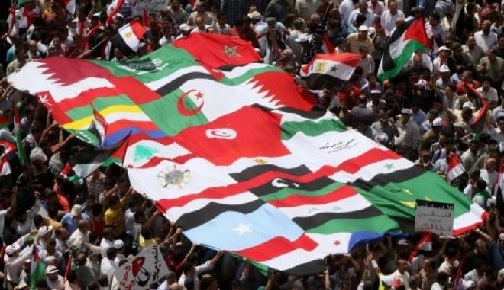
The Arab Spring was primarily fueled by a combination of political, economic, and social factors. Widespread corruption, high unemployment rates, lack of political freedoms, and economic inequalities were some of the key grievances that led to the uprisings. The increasing access to information through the internet and social media platforms played a crucial role in mobilizing and organizing protests, allowing citizens to connect, share ideas, and coordinate their actions.
The Arab Spring began in Tunisia in December 2010 when a street vendor named Mohamed Bouazizi set himself on fire in protest against government corruption and economic hardships. This event triggered massive demonstrations across the country, leading to the eventual ousting of President Zine El Abidine Ben Ali. The success in Tunisia inspired similar movements in other countries, such as Egypt, Libya, Yemen, Syria, and Bahrain. Each country had its own unique set of circumstances, but all shared a common desire for political reform and an end to authoritarian rule.
The Arab Spring resulted in both positive and negative consequences for the region. On the positive side, long-standing dictators were toppled, leading to the establishment of more democratic governments in some countries. Tunisia, for example, successfully transitioned into a democracy and implemented political and social reforms. However, other countries faced more complex and challenging transitions, with power vacuums, civil wars, and the rise of extremist groups.
The Arab Spring also had a significant impact on regional geopolitics. The power dynamics in the Middle East shifted as old alliances were strained, and new players emerged. The conflicts in Libya and Syria, in particular, led to widespread destabilization, with the rise of armed militias and the displacement of millions of people. These conflicts also had implications beyond the region, as they fueled the global refugee crisis and contributed to the rise of terrorism.
Furthermore, the Arab Spring highlighted the importance of social media and online platforms in shaping political discourse and mobilizing mass movements. Activists and protesters utilized these tools to share information, document human rights abuses, and challenge government narratives. However, governments also learned to manipulate social media for their own purposes, leading to increased surveillance and censorship.
The Arab Spring represented a critical moment in the history of the Middle East and North Africa region. While it initially raised hopes for democratic reforms and greater freedoms, the aftermath of the uprisings has been complex and often tumultuous. The Arab Spring demonstrated the power of popular movements to challenge oppressive regimes and demand change. However, it also highlighted the challenges and complexities involved in transitioning to democracy and the potential for unintended consequences. The legacy of the Arab Spring continues to shape the region, reminding us of the ongoing struggle for political stability, social justice, and human rights



















Add Comment